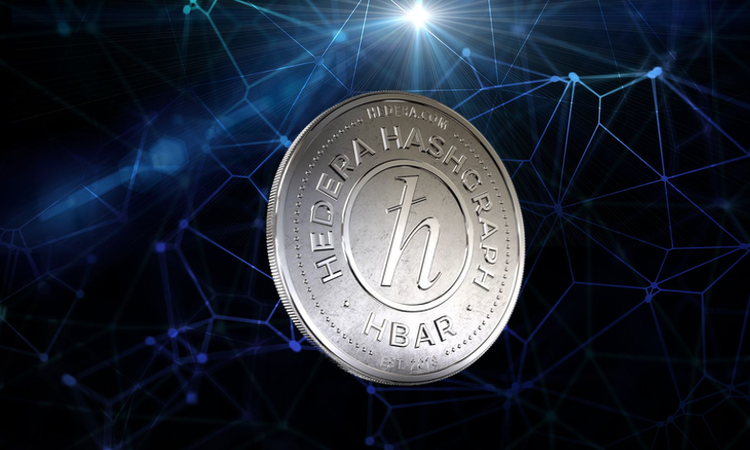Psychological Egoism VS. Ethical Egoism
March 20, 2021
Cardano (ADA) – Is the $50 Prediction Realistic?
March 19, 2021
Hedera Hashgraph (HBAR) To The Moon - $40
March 16, 2021
4 Major Aspects of Management
March 14, 2021
The Challenges of Globalization: Managing Global Economy
March 13, 2021
5 Factors that Influence Business Environment
March 10, 2021
Does Dieting Make People Fat?
March 4, 2021
Abraham Lincoln and Stephen Douglas Views on Slavery
February 26, 2021
Boiling Frog and Business Strategic Management
February 12, 2021
Role of Government in Democracy
February 5, 2021
The Universe and the Human Destiny
February 2, 2021











